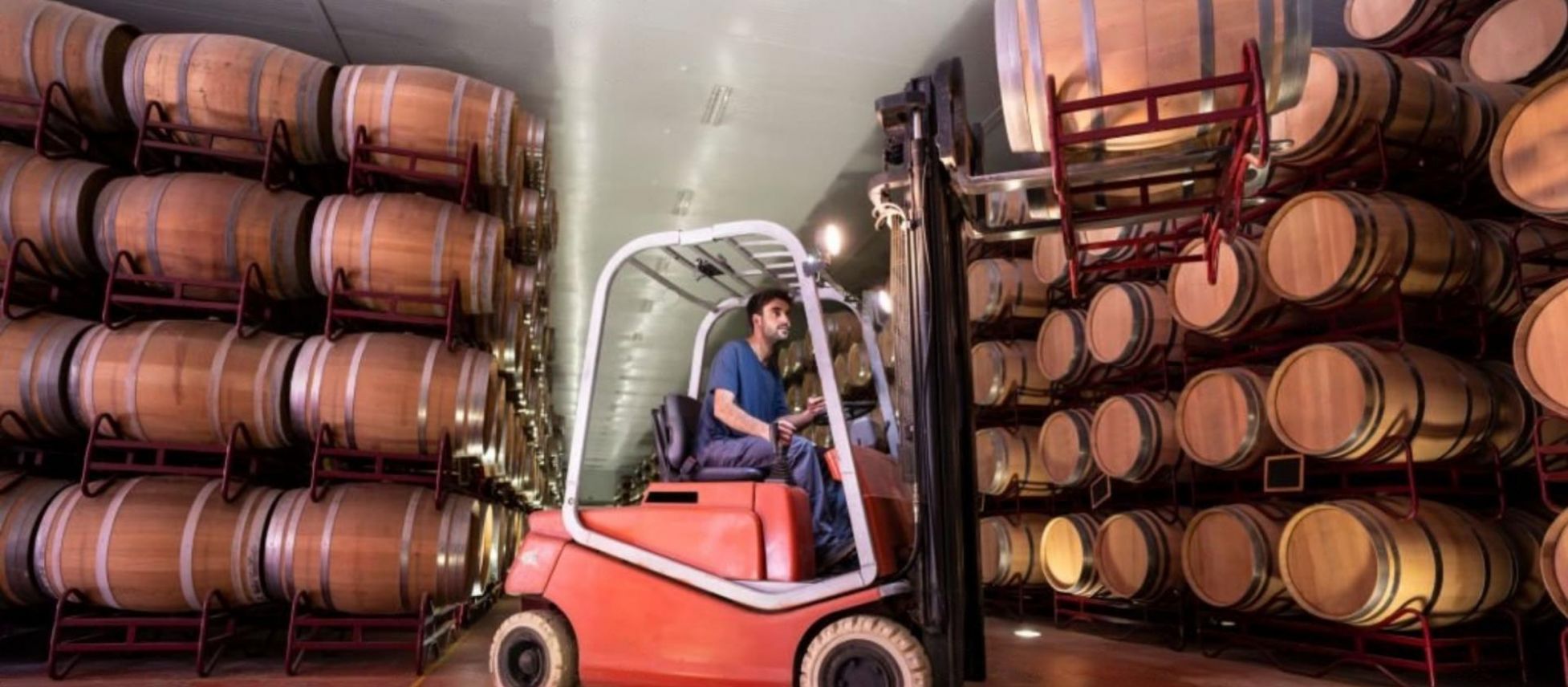Blog
Insights
Navigating Bulk Wine Logistics: Key Factors to Consider in 2024

In 2024, key aspects of bulk wine logistics include streamlined transportation, optimal storage, sustainable packaging, and compliance with international regulations
In the ever-evolving world of worldwide winemaking and distribution, efficient logistics play a vital role. As a major industry component, bulk wine transportation, in particular, demands careful consideration to ensure the preservation of quality and cost-effectiveness. As we move towards 2024, industry professionals must remain vigilant to stay ahead of the curve.
One prominent example is the leader in bulk wine logistics, JF Hillebrand, a global logistics provider specializing in the beverage industry. With a vast network spanning over 90 countries, JF Hillebrand offers end-to-end solutions for the transportation, storage, and distribution of bulk wine, leveraging their expertise and innovative technologies to ensure reliable and efficient supply chain management for their clients.
What are the key aspects to look for in bulk wine logistics and the actionable steps required?
Streamlining Transportation Processes:
Efficient transportation is the backbone of successful bulk wine logistics. In 2024, wineries and logistics providers must focus on optimizing their operations. Implementing advanced tracking systems enables real-time monitoring of shipments, ensuring proactive intervention in case of any delays or potential issues. Embrace sophisticated logistics management software to streamline order fulfilment, inventory control, and delivery scheduling. Collaborate closely with shipping partners to leverage their expertise in selecting the most suitable transport modes, such as tanker trucks or ISO tanks, depending on the volume and distance.
Example: Wineries must proactively monitor their shipments using cutting-edge tracking technology, enabling them to swiftly intervene in case of any potential disruptions.

Ensuring Optimal Storage Conditions:
Maintaining ideal storage conditions is crucial for preserving the integrity and quality of bulk wine during transportation. In 2024, it is imperative to invest in state-of-the-art temperature-controlled storage facilities, which mitigate the risk of spoilage and oxidation. Collaborate with logistics providers equipped with climate-controlled warehouses that offer precise temperature and humidity control. Implement rigorous quality control measures, including frequent sampling and analysis, to detect any deviations from the desired specifications.
Example: Wineries should partner with logistics providers offering cutting-edge climate-controlled warehouses to safeguard the pristine quality of their bulk wine throughout the journey.

Sustainable Packaging and Eco-Friendly Practices:
The wine industry has witnessed an increasing emphasis on sustainability, and bulk wine logistics should be no exception. In 2024, prioritize eco-friendly packaging solutions, such as lightweight and recyclable materials, to reduce the carbon footprint. Explore innovative packaging techniques, like bag-in-box or flexitanks, which optimize space utilization and minimize waste generation. Collaborate with logistics partners who prioritize green practices, such as utilizing energy-efficient transportation vehicles and implementing recycling programs.
Example: Wineries should adopt eco-friendly packaging options, like flexitanks, to reduce waste generation and partner with logistics providers committed to sustainable practices.

Compliance with International Regulations:
As the global wine trade continues to expand, compliance with international regulations becomes increasingly critical. Stay updated on evolving regulations related to customs, duties, and documentation, to ensure seamless cross-border transportation. Engage customs brokers and legal experts to navigate complex regulatory frameworks efficiently. Maintain accurate records and documentation, including certificates of origin and compliance, to facilitate swift customs clearance. Prioritize adherence to wine-specific regulations, such as labelling requirements and quarantine measures, to avoid costly delays or rejection of shipments.
Example: Wineries should collaborate closely with customs brokers and legal experts to navigate the complex web of international regulations, ensuring smooth cross-border transportation.

In the dynamic world of bulk wine logistics, 2024 will demand a proactive approach to optimize processes, prioritize sustainability, and ensure compliance with evolving regulations. By focusing on streamlined transportation, optimal storage, sustainable packaging, and regulatory adherence, wineries can navigate the challenges and capitalize on the opportunities that lie ahead.
[[relatedPurchasesItems-62]]
If you're a bulk wine or bulk spirits supplier, contract bottler, or private label producer aiming to connect with serious trade buyers, IBWSS San Francisco is the event you can't afford to miss. Get a quotation or Book a exhibitor table.

